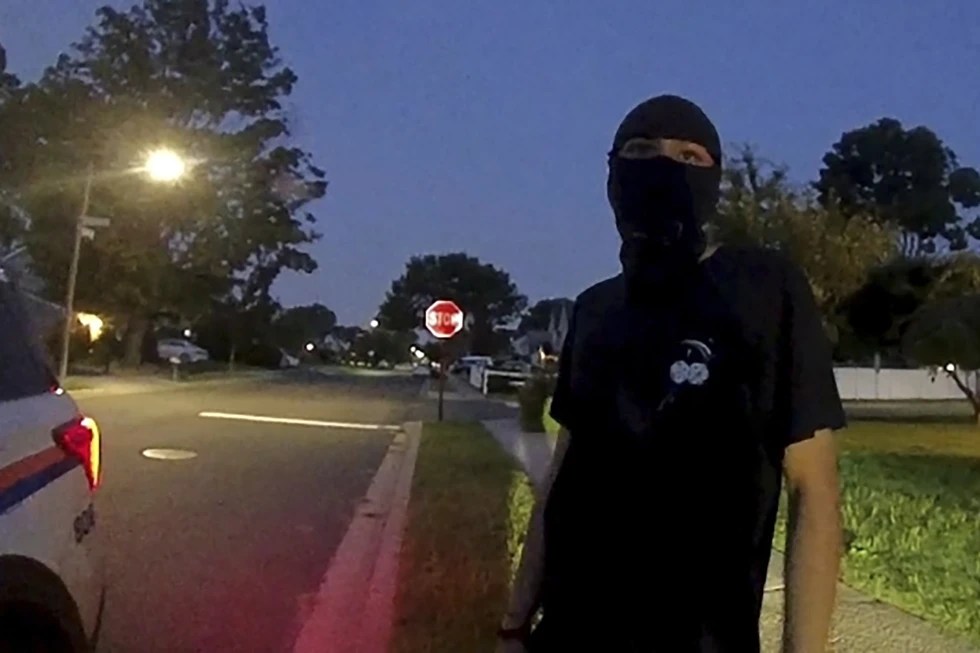When it comes to legal protections against discrimination, New York City is commonly seen as one of the most progressive cities in the US, with laws on the books designed to recognize discrimination in housing, employment, and pregnancy. Now you can add Black hair to that list.
Thanks to new guidelines released this week by the New York City Commission on Human Rights, targeting individuals on the basis of their hair or hairstyle is now recognized as a form of racial discrimination.
Videos by VICE
The New York Times reports that the new law specifically mentions that hair is closely linked to “racial, ethnic, or cultural identities” and that it upholds the legal right for Black people to maintain their “natural hair, treated or untreated hairstyles such as locs, cornrows, twists, braids, Bantu knots, fades, Afros, and/or the right to keep hair in an uncut or untrimmed state.”
Those who have been fired or demoted at work, harassed, threatened, or punished because of your hair texture or style will be able to use the new law to seek legal recourse.
Those found in breach of the law can be issued with a penalty up to $250,000, with no cap on damages. The city commission can also impose rehirings and internal policy changes at institutions that violate the guidelines.
The law in New York City is believed to be the first in the country to ban hair-based discrimination. The landmark decision came about after employees at four different businesses in New York City—a medical facility, a nonprofit, a restaurant, and a hair salon—lodged complaints about the discrimination they faced on the basis of their hair.
“There’s nothing keeping us from calling out these policies prohibiting natural hair or hairstyles most closely associated with Black people,” Carmelyn P. Malalis, the commissioner and chairwoman of the New York City Commission on Human Rights, told the Times.
She added that these discriminatory policies were “based on racist standards of appearance” that perpetuate “racist stereotypes that say Black hairstyles are unprofessional or improper.”
The US has a long and repellant history of attempting to impose these standards on Black people. As Broadly writer Jameelah Nasheed notes, “women who looked like me proudly wore their hair natural and kinky in America centuries before. Some of those women were even seen as being so beautiful that laws were put in place in an effort to diminish their beauty.”
For More Stories Like This, Sign Up for Our Newsletter
In late 18th century, the Spanish colonial government in New Orleans imposed a law that banned “Creole women of color from displaying ‘excessive attention to dress‘” and forced them to cover their hair with a scarf or handkerchief in public.
This hair discrimination is still alive and well in the 21st century. The Times cites the case of Andrew Johnson, the high school wrestler who was forced to cut off his dreadlocks before a match, and of other young students who were sent home or punished because their hair was judged a violation of the school dress code.
That may all be set to change if other cities follow New York City’s lead.
More
From VICE
-

A gang of men hide in a clown car at the Ringling Brothers Barnum and Bailey Circus. April 1977, New York City. -

Nassau County Police Department -

-

